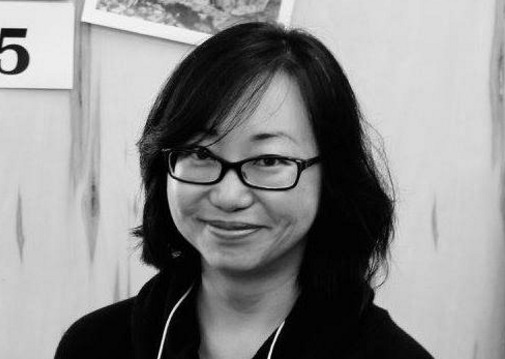Let’s start this post off with a story. Imagine if you will, that you are older and your health is failing. You do not have many family members around to help care for you, get you to doctor’s appointments and generally keep an eye on your wellbeing.
Then imagine that the year is 1893. And that you are black.
A fact of life in the years after Reconstruction is that there wasn’t any real option for aging African Americans. Nursing homes were segregated and even homeless shelters would turn away black people at the door. Eliza Bryant, the daughter of freed slaves and a well-known humanitarian in the Cleveland area, found this utterly unacceptable and took on the task of creating a space for the elderly to reside and live with dignity. She helped found the Cleveland Home of Aged Colored People, in 1896, effectively establishing the first nursing home in the country for African Americans.
Today, her legacy stands. The home was been renamed to the Eliza Bryant Village in honor of its founder in the early 2000s.
CWRU professor James Sheeler understood the historical significance of Bryant’s actions and charged his journalism class to capture the stories of the residents who lived there. Students brought microphones, tape recorders, video cameras and more to record the oral histories that, in most circles, had never been told before.
Join us on Thursday, January 31 at the Baker-Nord center (on the Case Western Reserve University campus) for a presentation highlighting the stories of the residents’ of Eliza Bryant, the nation’s oldest African-American nursing home. Register here.



Alice Bach
February 5, 2013
Clearly the project of CWRU professor James Sheeler is to be applauded. Any time people who have acess to media share that media with the underserved people in the community, it is a triumph. As a person who has worked with homeless people for 20 years, I would assure you, however, the homeless, the poor, those without access to media, are not voiceless. Indeed there are as many individual voices in that population as there are in the population that has power and access.
I would suggest that Professor Sheeler and his students and everyone else who “covers” the ignored people in our community, not call them VOICELESS. If one sits at a table of homeless people eating lunch at a soup kitchen, you will hear the cacophony of voices, similar to the sounds of those eating lunch in a cafeteria or restaurant. Please award the poor the dignity of their voices, of their ideas, of their memories. Do not insult them by calling them voiceless.
Anisfield-Wolf
February 5, 2013
@Hi Alice!
I don’t think we meant to insult the residents of Eliza Bryant Village – quite the opposite, in fact. What would you recommend as a better title for the post? We’re open to suggestions.